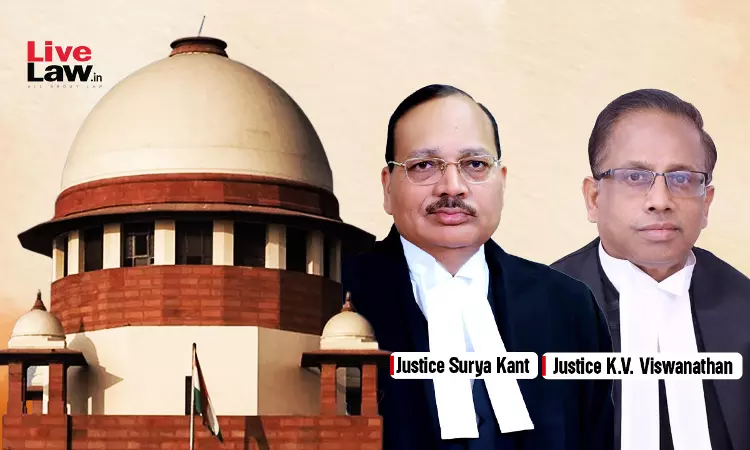Doctrine Of Merger Won't Apply If SLP Was Dismissed Without Granting Leave Whether By Reasoned Order Or Not : Supreme Court
Amisha Shrivastava
17 July 2024 6:10 PM IST

Next Story
17 July 2024 6:10 PM IST
The Supreme Court on Monday (July 15) explained that when a petition for special leave to appeal is allowed by the court, the impugned judgment gets merged with the decision of the Supreme Court in the appeal arising from the SLP.“once leave has been granted in a Special Leave Petition, regardless of whether such appeal is subsequently dismissed with or without reasons, the doctrine of...
